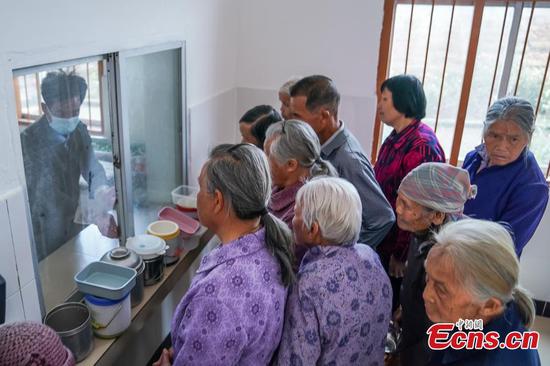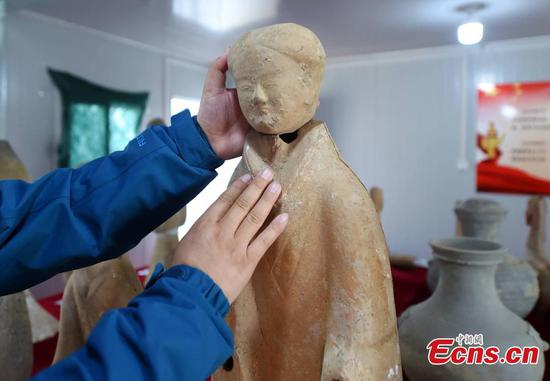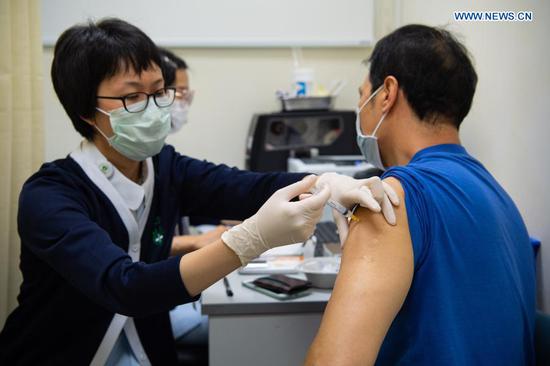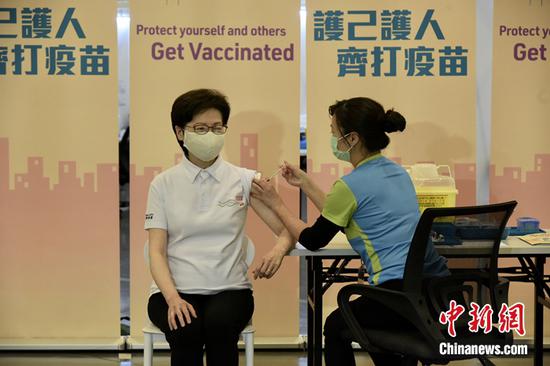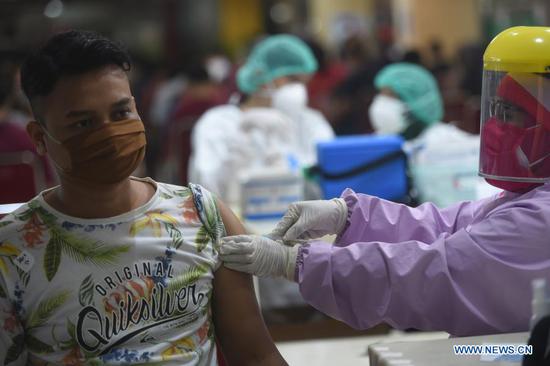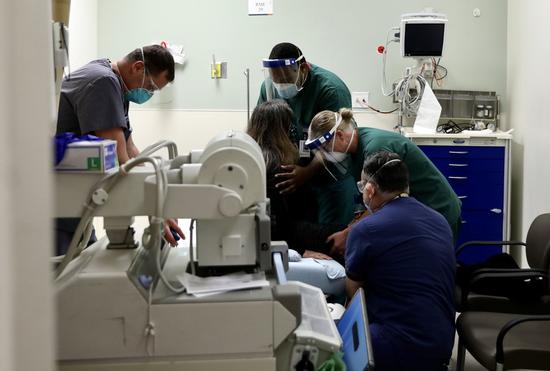
Healthcare workers help a patient in the "COVID Area" of the Beverly Hospital in Montebello City, California, the United States, Jan. 22, 2021. (Xinhua)
The United States has launched a major new initiative to study the long-term effects of SARS-CoV-2 infection, and the means of prevention and treatment of individuals who have been sickened by COVID-19, but do not recover fully over a long period of time.
The initiative, announced by the U.S. National Institutes of Health (NIH) on Tuesday, aims to learn more about how SARS-CoV-2 may lead to such widespread and lasting symptoms, and to develop ways to treat or prevent these conditions.
Large numbers of patients who have been infected with SARS-CoV-2 continue to experience a constellation of symptoms long past the time that they have recovered from the initial stages of COVID-19 illness.
Often referred to as "Long COVID," these symptoms, which can include fatigue, shortness of breath, "brain fog," sleep disorders, fevers, gastrointestinal symptoms, anxiety, and depression, can persist for months and can range from mild to incapacitating, according to the NIH.
In some cases, new symptoms arise well after the time of infection or evolve over time.
"While still being defined, these effects can be collectively referred to as Post-Acute Sequelae of SARS-CoV-2 infection," said NIH Director Francis Collins.
"We do not know yet the magnitude of the problem, but given the number of individuals of all ages who have been or will be infected with SARS-CoV-2, the coronavirus that causes COVID-19, the public health impact could be profound," he said.
The new study will cover questions such as the number of people who continue to have symptoms of COVID-19 after acute SARS-CoV-2 infection; the underlying biological cause of these prolonged symptoms; why some people are vulnerable to this but not others; and whether SARS-CoV-2 infection triggers changes in the body that increase the risk of other conditions.
"Through this initiative, we aim to learn more about how SARS-CoV-2 may lead to such widespread and lasting symptoms, and to develop ways to treat or prevent these conditions," Collins said.
Results from the largest global study of the emerging "Long COVID syndrome," which was reported in January, show that nearly half of more than 3,700 self-described COVID "Long Haulers" in 56 countries could not work full time six months after unexpectedly developing prolonged symptoms of COVID-19.
A small percentage of respondents, seemed to have bounced back from brief bouts of Long COVID, though time will tell whether they have fully recovered, according to the NIH. Enditem















